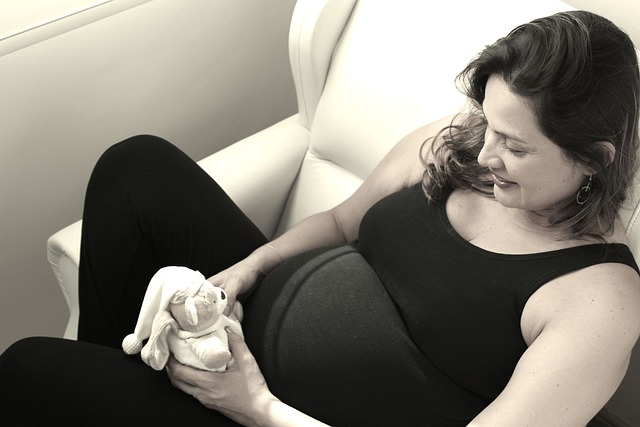Choosing a sperm donor can be a significant and sometimes overwhelming decision for individuals and couples on their journey to parenthood. This guide aims to simplify the process by addressing key questions that can help clarify your preferences and priorities in a donor.
If you’re looking for more resources, consider exploring the free sperm donor matching group offered by MakeAmom, or check out their at-home insemination options, which include a unique reusable kit.
1) Is a Familial Connection Important to You?
If having a biological connection between your child and both parents is crucial, you might want to consider a known donor. This option allows for both parents to have a genetic link to the child. If this resonates with you, then a known donor may be the best choice. If not, you can continue exploring other options.
2) Do You Desire a Relationship Between Your Child and the Donor?
A known donor can facilitate a relationship with your child from an early age. While some sperm banks offer “identity release” donors—who agree to be contacted when the child turns 18—there’s no guarantee they will be open to a relationship. If a connection is important to you, pursuing a known donor could be beneficial. However, if you prefer a more distant arrangement, both known and anonymous donors can be considered.
3) Are You Concerned About Costs?
The cost of sperm from cryobanks can range from $300 to $1,000 per vial, and many individuals may require multiple attempts over several months to achieve pregnancy, which can add up. In contrast, using a known donor usually comes without sperm costs, but be sure to factor in potential legal fees to clarify parental rights. Laws surrounding sperm donation vary by state, so consulting with an ART attorney familiar with your state’s regulations is advisable.
4) How Important is a Comprehensive Medical and Psychosocial Background?
Cryobanks typically gather extensive information from their donors, including medical history and genetic testing, often providing more data than what you might get from a known donor. If a thorough background check is essential to you, be mindful that known donor information might not be as extensive.
5) How Comfortable Are You With Personal Questions?
Choosing a known donor involves asking sensitive questions to ensure their health and the viability of the sperm. Consider discussing topics such as:
- Current or past STDs.
- Substance use, including smoking and alcohol consumption.
- Family medical history and longevity.
- Their intentions regarding future contact with the child.
Open discussions can be challenging but are vital for protecting all parties involved. If these inquiries feel too personal, you might prefer to have a cryobank handle these aspects for you. Regardless of your choice, make sure to gather sufficient information. Additional resources, like this comprehensive guide on home insemination, can also offer valuable insights.
Conclusion
Selecting a sperm donor involves numerous considerations, from personal preferences to legal implications. MakeAmom provides various resources and support to assist you in this journey. You can explore their offerings, including their at-home insemination solutions and other helpful articles like the one on healthy eating during pregnancy.
To summarize: Choosing a sperm donor is a personal journey that requires careful thought and consideration. By asking the right questions and utilizing available resources, you can make an informed decision that aligns with your family-building goals.

